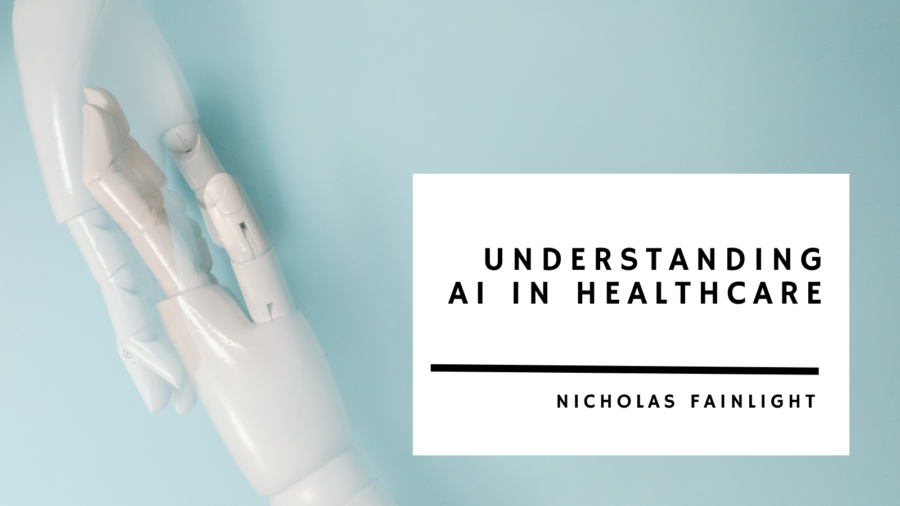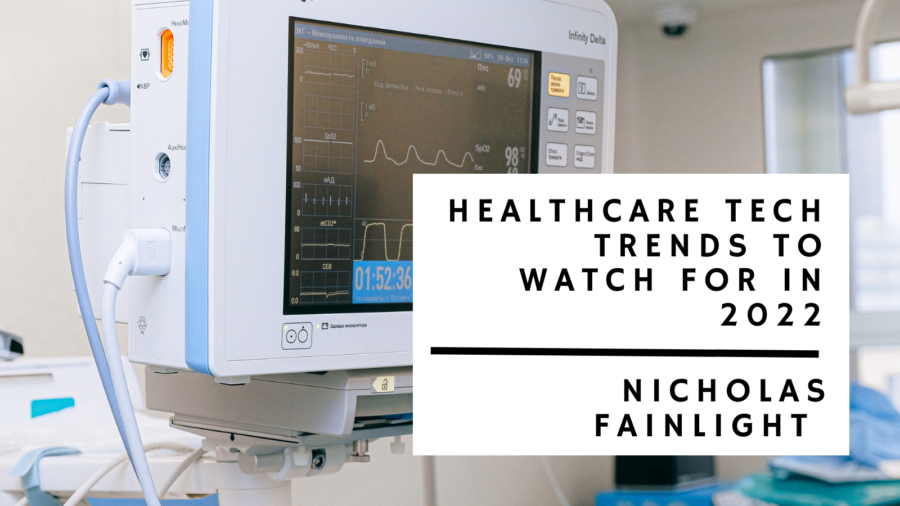Technological innovation in healthcare can make drastic improvements in the care patients receive. Co-founder and CEO of Penumbra Inc., a global healthcare company, talks about his top tips for making healthcare more effective through technology. Being able to invent and develop new products is essential when addressing the complex needs of patients. Doing so could help your company stand out from the competition or allow it to provide new and more effective solutions.
Penumbra’s technology has been shown to improve the quality of life for patients suffering from vascular disorders. The company was founded in 2004 to develop a way to remove blood clots from the brain effectively. Currently, treating these clots with anticoagulation medication can lead to severe complications. Penumbra’s technology offers a revolutionary alternative.
Through its commitment to improving the quality of life for people, Penumbra sees the potential of immersive healthcare as a way to help millions of individuals. This technology, which is already being used in healthcare, can provide patients with various experiences and support their physical rehabilitation.
As a company that values continuous improvement, Penumbra encourages its employees to try new things and develop new ideas. One of the company’s fundamental values is its belief in its employees. This is evidenced by the way it treats them throughout its projects. Most companies structure their work environments so that it’s difficult for people to come up with new ideas. This can prevent them from developing genuinely revolutionary ideas that drive further breakthroughs. According to Elsesser, cultivating a culture that encourages people to share their thoughts and develop new ones is very important to ensure that the company’s continuous innovation is successful. To achieve this, leaders should regularly hire the best candidates and ensure that the people they hire can contribute to the company’s success.
Sometimes, an idea can be truly transformative, but Elsesser warns that it often takes a long time to develop new ideas due to the various steps needed to get them to fruition. The company’s continuous improvement program is focused on identifying and improving key product lines. This strategy has allowed Penumbra to expand its reach beyond the acute stroke intervention space and into other areas such as rehabilitation and physical therapy.


